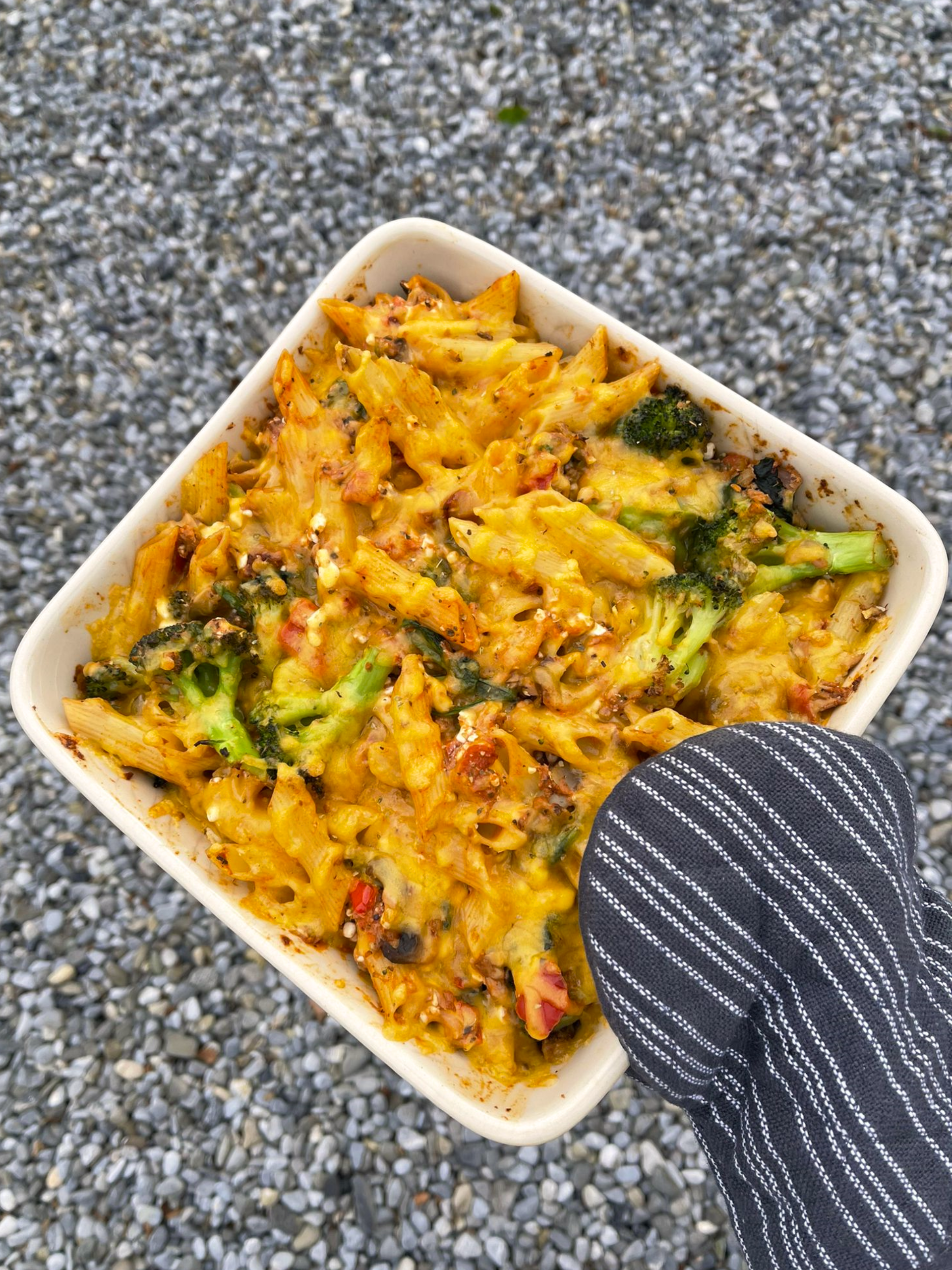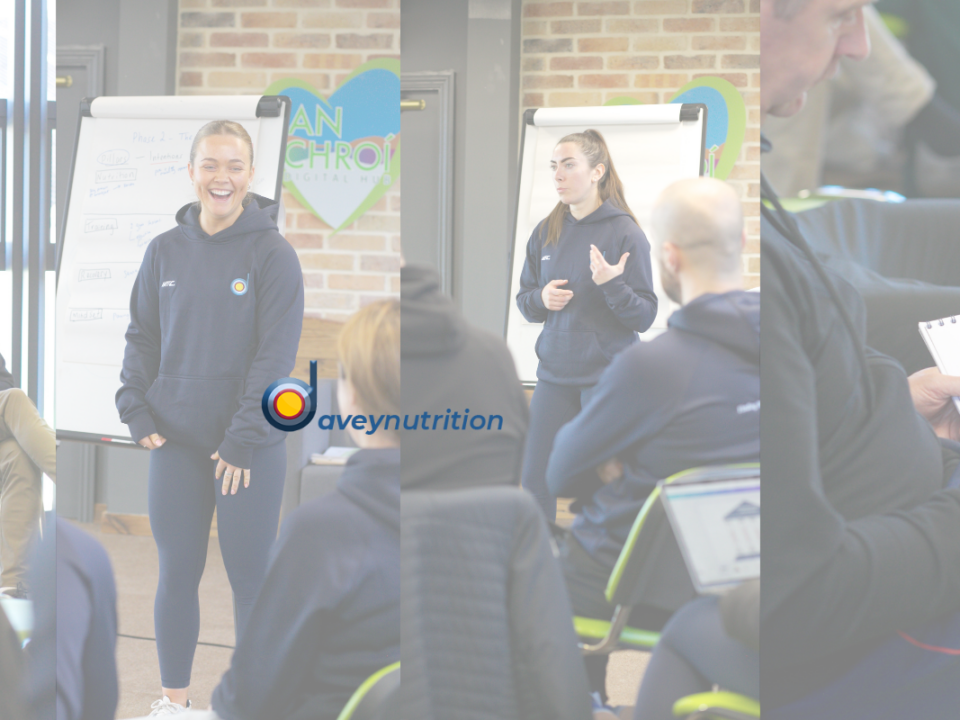Nutrition for the Novice Marathon Runner
Summary:
- Preparation for running a marathon takes time and needs a correct and specific nutrition strategy to complement training.
- Carbohydrates are an essential nutrient to fuel training and recovery when running and needs will vary based on training load, body size and other individual factors.
- Ensuring food intake comes primarily from whole food, natural sources is key to ensure the body is optimally prepared for training.
 There is no doubt that, in recent years, people have become more health conscious. Events like 5km, 10km or longer runs such as marathons have become hugely popular.
There is no doubt that, in recent years, people have become more health conscious. Events like 5km, 10km or longer runs such as marathons have become hugely popular.
Completing a marathon of more than 26 miles is a sporting feat that many dream of, but, due to the scale of the challenge, don’t always manage. It takes planning, both from a training and nutrition perspective. If you have decided to complete the Dublin Marathon (or any marathon!) later this year, getting your nutrition strategy right should be a key focus from the beginning of your training.
To help you with this, we will focus on the essential elements of nutrition required to train effectively and perform to your best on race day. Part 1 of this marathon series will focus on the key considerations for the novice runner, and during the coming few weeks, we will cover performance nutrition for elite runners, nutrition on race day and appropriate recovery.
Matching Nutrition to Training Demands
During the first phase of training, you will most likely aim to slowly build your aerobic fitness base.
Running a distance of 2 to 5 miles at a moderate pace will burn roughly 250-500 calories, depending on body weight. If you are running close to 10 miles a day, the energy cost could be 1,000 calories daily. If food intake remains consistent, or is carefully managed, this exercise will create a calorie deficit. Creating a moderate energy deficit is desirable for those aiming to reduce body fat and get into better physical shape. As you get fitter and leaner, these calories should be fully replaced with appropriate foods based mostly on natural, fresh and whole food sources where possible.
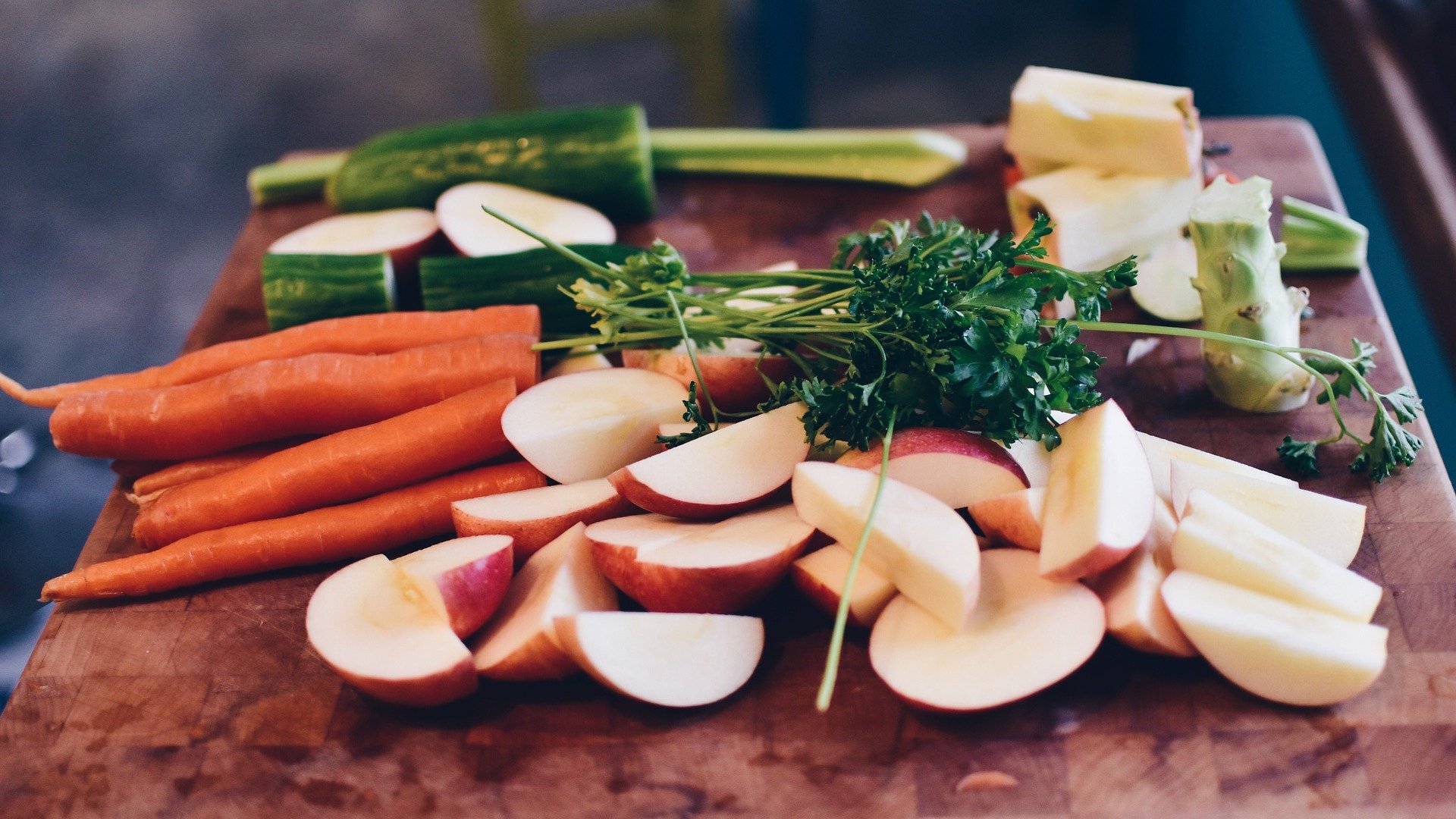 How Much Carbohydrate is Really Necessary?
How Much Carbohydrate is Really Necessary?
There’s no doubt that carbohydrate is the primary fuel required by athletes completing regular bouts of high-intensity exercise, including the marathon. In simple terms, high-intensity running means running at three-quarter pace or just below a sprint for a sustained period. This is not something novice runners are doing when preparing for a marathon for the first time! Fat is the primary fuel used during slow/moderate intensities of exercise such as walking and slow jogging. At this pace, the body’s energy system relies much more on our fat stores rather than circulating sugar and glycogen (the body’s carbohydrate stores).
For this reason, the focus on consuming high volumes of carbohydrate foods is often greatly overstated, particularly in the case of novice runners. In fact, the novice may benefit more from only eating carbohydrate-rich foods on training days and a lower intake of carbohydrate on rest days to allow for improvement in body composition and fuel utilisation. This approach not only forces the body to utilise fat stores as a source of energy, but also allows for more efficient use of carbohydrate when it is consumed around training.
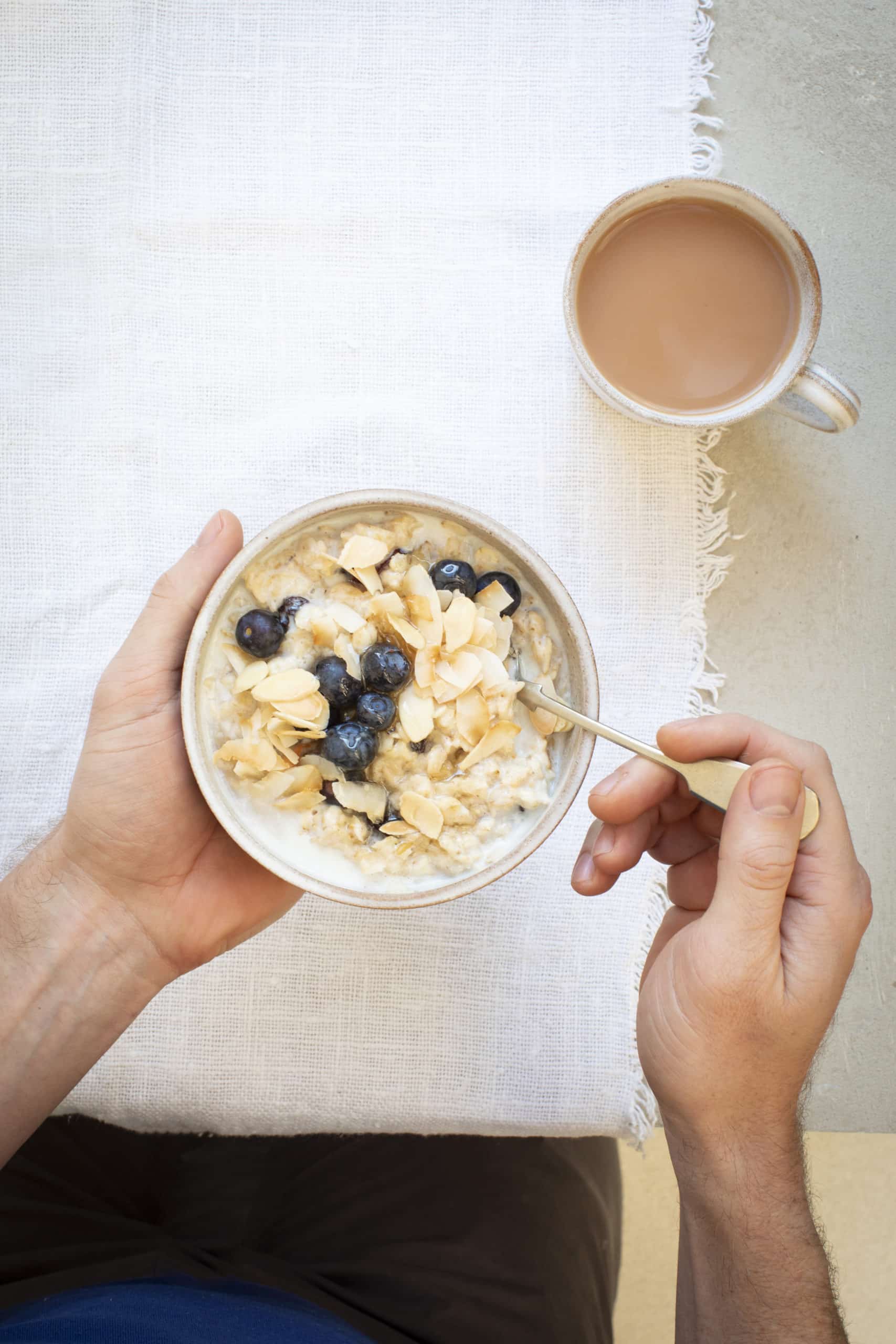 Certainly, sports drinks, energy bars, snacks and other high carbohydrate foods are not necessary when completing training runs – even if they are quite long. The exception here is if training sessions are intense and longer than 80 minutes, in this case a sports drink can be consumed during the session to reduce the risk of hydration and to help sustain the intensity of the session.
Certainly, sports drinks, energy bars, snacks and other high carbohydrate foods are not necessary when completing training runs – even if they are quite long. The exception here is if training sessions are intense and longer than 80 minutes, in this case a sports drink can be consumed during the session to reduce the risk of hydration and to help sustain the intensity of the session.
The nutrition goal for novices should be to establish a consistent and balanced eating pattern that ensures you are providing your body with sufficient energy, a variety of micronutrients, essential fats, antioxidants and consuming sufficient fluids. Eating a wide variety of vegetables, fruits, lean meats, fish, nuts and seeds, while avoiding processed foods as much as possible, will allow you to recover from your training and effectively meet your energy and nutrient requirements.
 Nutrition Around Training
Nutrition Around Training
The main aim should be to consume foods that provide the body with a steady supply of energy throughout the day and in preparation for training. Carbohydrate needs can easily be met from whole foods like oats, root vegetables and fruits. On training days, it’s advisable to eat a moderate amount of carbohydrate from foods like porridge at breakfast, fruit and nuts for snacks and some sweet potato or quinoa for lunch and dinner. You should eat your last meal at least 2.5 hours before you train. Small portions consumed often will meet your energy needs for training. After training, a fruit smoothie or a balanced meal with vegetables and a lean meat will promote optimum recovery. 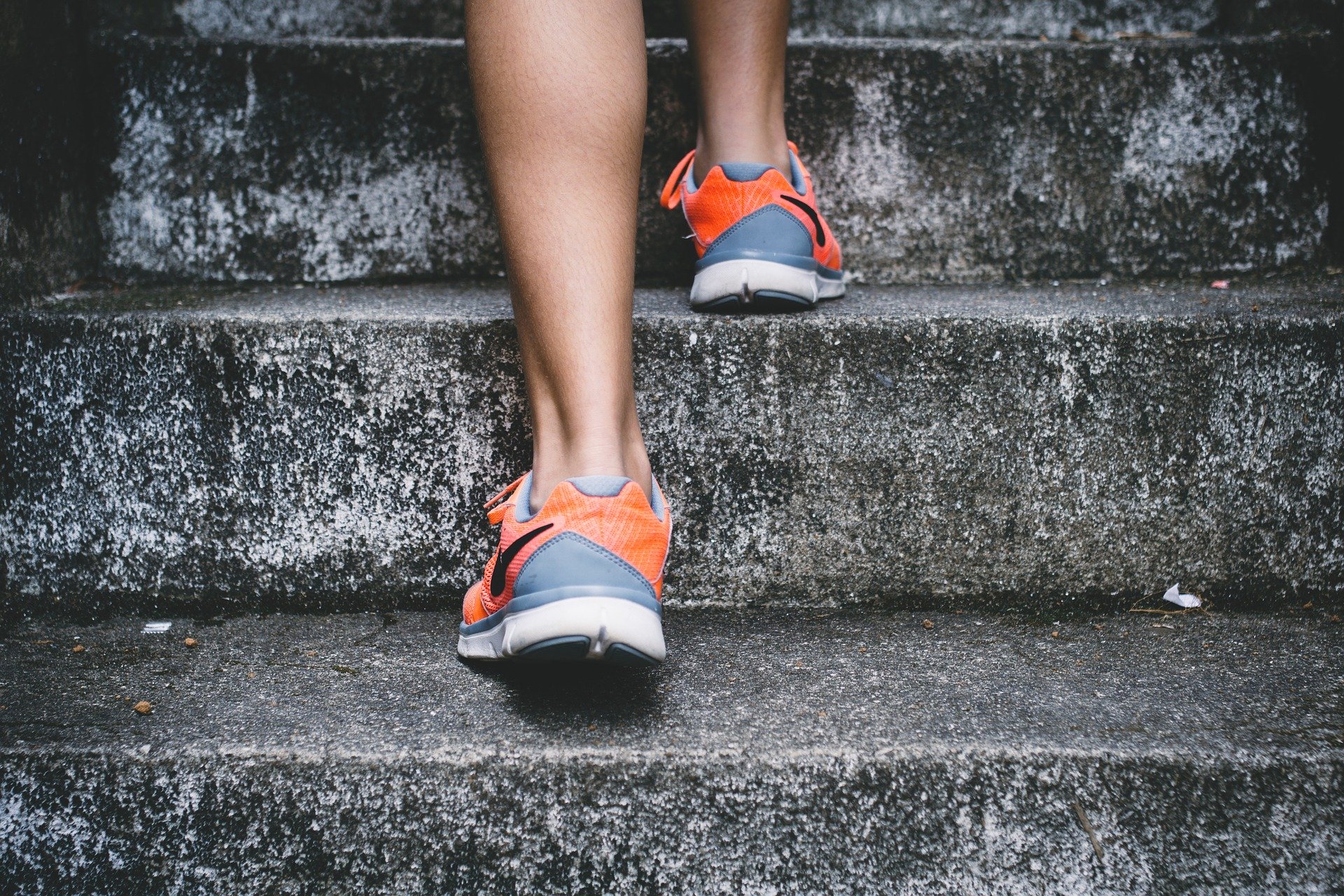
KEY CONSIDERATIONS FOR THE NOVICE MARATHON RUNNER:
- The majority of your carbohydrate needs should be met on training days.
- Aim to eat a wide variety of fresh fruit and vegetables to meet your nutrient requirements.
- Consume a quality protein source like eggs, yogurt, meat, fish, mixed wholegrains or whey protein with each meal to provide your body with the building blocks to support recovery.
- Food choices should be based around slow-digesting carbohydrate-rich foods.
- Aim to consume a minimum of 2.5 litres of fluid daily and closer to four litres on training days.
- Avoid all sugar-containing foods where possible, like sweet cereals and drinks with added sugars.
 FINAL NOTE
FINAL NOTE
In the early stages of preparation for a marathon, the key focus is getting your body used to the training load and improving your body composition to improve running efficiency.
Despite what you might see and hear in the media about the increased needs for carbohydrate foods, particularly things like sports drinks and high energy snacks, there is no extra requirement for these foods for most novices.
When your training volume and intensity increases, you can then focus on increasing your intake of fresh, wholesome, natural foods that will allow for optimum recovery and ensure you are meeting your energy and nutrient needs.
Eva, our performance dietitian, is running a ‘Fueling for a Marathon Webinar‘ on October 11th at 7:30pm, which will support and optimize your marathon nutrition to allow you to reach peak performance on race day! You can sign up here.
Check out Part 2, 3 and 4 of our marathon series on our blog page.
If you would like more information or clarification on exactly what you should be doing in the lead up to and during the race, why not contact us for a consultation or plan for your race. Book in for a consultation here daveynutrition Clinic or email us for more information – aoife@daveynutrition.com.

